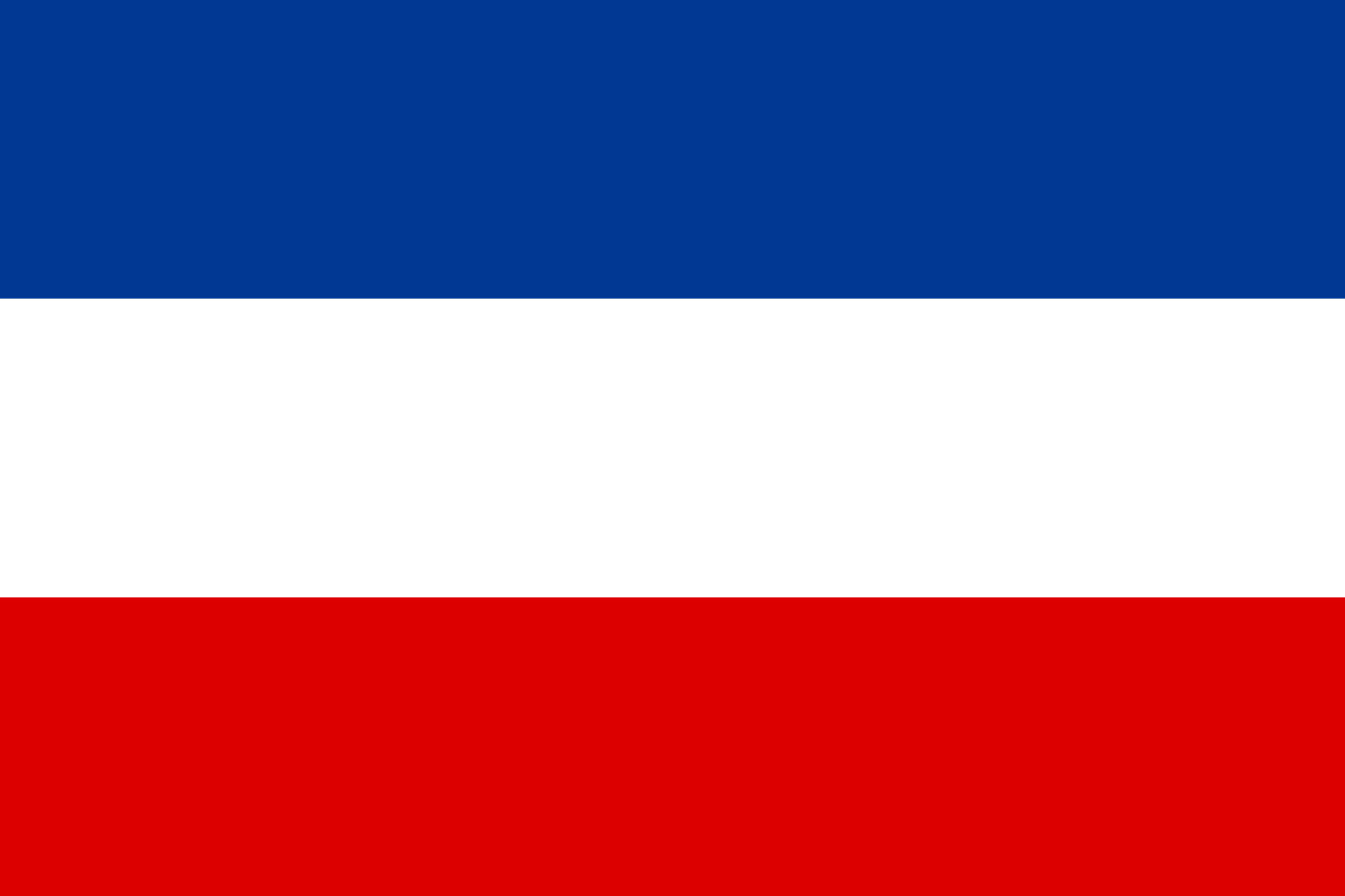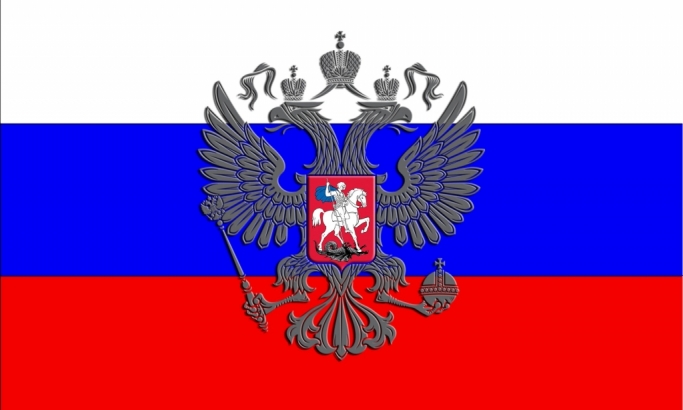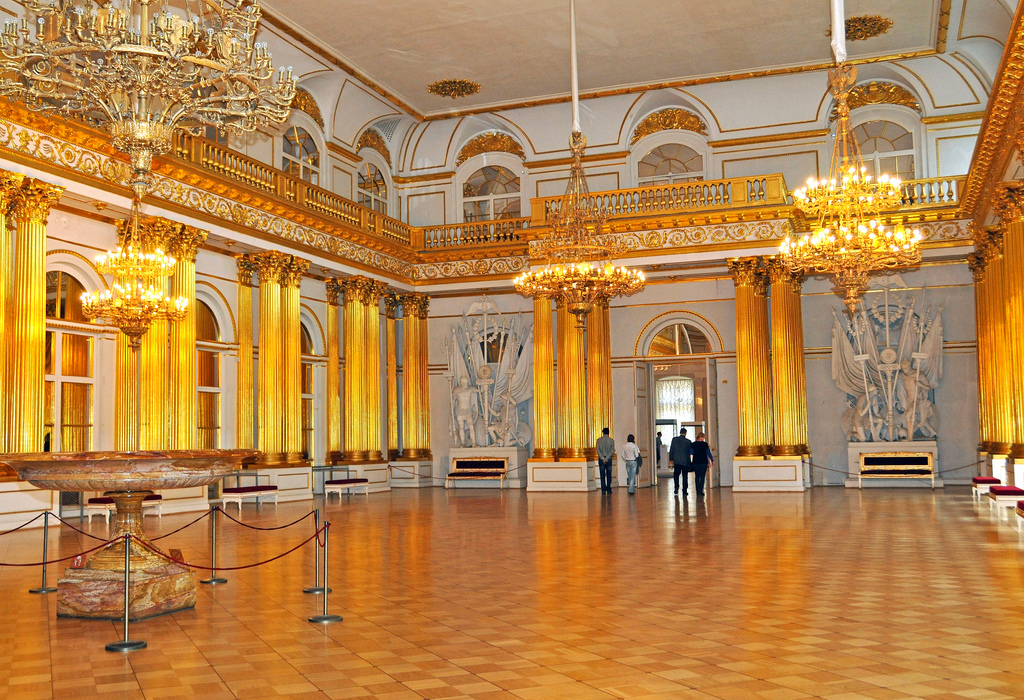
Views: 1433

The creation of the First Balkan Alliance against the Ottoman Empire in 1866–1868 in the light of territorial requirements of the Balkan states and nations at the expense of the decreasing power of the Ottoman authorities and the Ottoman state integration was the first political-military treaty on the mutual cooperation by the Christian Balkan states and nations. The secret paragraphs of bilateral military-political contracts between Greece and Serbia and Serbia and Montenegro in regard to territorial inheritance of the Ottoman Empire in the Balkans are the most important points of the treaty.
 Serbia became a leader of the Balkan coalition and the main champion of the idea that the “Eastern Question” had to be resolved by the Balkan peoples in the war against the Ottoman Empire without the interference of the great European powers. The pivotal impetus for the making of the First Balkan Alliance came from the side of Serbia’s prince Mihailo I Obrenovic (1860−1868) whose predominate political task in the foreign policy was to create a South Slavic state under the Serbian leadership, which would be composed by all South Slavic territories in the Ottoman Empire. For that purpose, he needed the cooperation from the other Balkan Christian states and the peoples as Serbia was not strong enough to solely defeat the Ottoman Empire. The most reasonable solution was to create a joint Balkan military-political defensive-offensive coalition which will military defeat the Ottoman Empire and expel the Ottoman authorities from the Balkans as a fundamental precondition for the creation of the united South Slavic state in the Balkans.
Serbia became a leader of the Balkan coalition and the main champion of the idea that the “Eastern Question” had to be resolved by the Balkan peoples in the war against the Ottoman Empire without the interference of the great European powers. The pivotal impetus for the making of the First Balkan Alliance came from the side of Serbia’s prince Mihailo I Obrenovic (1860−1868) whose predominate political task in the foreign policy was to create a South Slavic state under the Serbian leadership, which would be composed by all South Slavic territories in the Ottoman Empire. For that purpose, he needed the cooperation from the other Balkan Christian states and the peoples as Serbia was not strong enough to solely defeat the Ottoman Empire. The most reasonable solution was to create a joint Balkan military-political defensive-offensive coalition which will military defeat the Ottoman Empire and expel the Ottoman authorities from the Balkans as a fundamental precondition for the creation of the united South Slavic state in the Balkans.
Surely, the main diplomatic efforts of the Balkan Christian states from 1860 to 1868 was put to create a joint Balkan political-military alliance against the Ottoman Empire. The purpose of this defensive-offensive pact was to solve the “Eastern Question” without interference of the great European powers in the Balkan affair implementing the principle “the Balkans to the Balkan peoples!” This principle was founded on the axiom that each European nation, smaller or bigger, has a right to self-determination and ethnic unification into a single national state. Subsequently, the “Eastern Question” had to be resolved by the expulsion of the Ottomans from the Balkans and the division of their Balkan possessions among the Balkan Christians. The chief initiator for the negotiations, which should lead to the agreement of the common Balkan alliance was the Principality of Serbia. The idea of Balkan federation or confederation emerged during the negotiations as well as the plan to make in the future a united South Slavic state composed by Principality of Serbia, Montenegro, Croatia, Slavonia, Dalmatia, Bulgaria, Kosovo-Metohija, Thrace, Macedonia and Bosnia-Herzegovina. Either the Balkan Federation/Confederation or the South Slavic/Yugoslav Empire had to be a principle guarantee for the real independent life of the Balkan nations freed from the tutorship and control by the European states especially Russia, Italy, and the Habsburg Monarchy. However, in fact, such South Slavic state would be under the protectorship of France and Great Britain as their Balkan colony and bulwark against especially Russian influence into the region.
The negotiations passed through two phases: I) from 1860 to 1865, and II) from 1866 to 1868. In both of them, the crucial bone of contention became how to share the inheritance of the Ottoman territorial possessions in Europe. To fix the exact borders between the Balkan states after the defeat of the Ottoman army has been from that time till the end of the Second Balkan War in 1913 always a principal obstacle for the fruitful cooperation of the Balkan nations. Especially as an apple of discord appeared to be Macedonia and Bosnia-Herzegovina. The First Balkan Alliance was finally created in 1866, 1867 and 1868 by signing bilateral agreements between Serbia and Montenegro, Serbia and Romania, Serbia and Greece and by reaching the oral agreements between Serbia and the Croatian National Party, Serbia and the Bulgarian revolutionaries, Serbia and the Christian Albanian representatives and finally Romania and the Bulgarian representatives in Bucharest. The prime importance of these either signed or oral agreements is that they represent for the first time in the
Balkan history a regional unity politically directed towards the national liberation. These agreements were reached principally because of the two reasons:
- All Balkan Christian states and nations had a common enemy – the Ottoman Empire; and
- All of them became afraid that the foreign powers, in the first place Russia and Austria, will resolve the “Eastern Question” in their favor by dividing the spheres of influence in the region not taking into consideration the wishes and interests of the Balkan nations.
The core of the First Balkan Alliance was Serbia and the pivotal advocate of it was her ruler prince Mihailo I Obrenovic. However, the alliance was not effectuated because the general Balkan revolution and war against the Ottoman Empire were to be postponed, in fact till 1912, for three reasons:
- Prince Mihailo I was assassinated in Belgrade on June 10th, 1868 and the new Serbian monarch prince Milan Obrenovic, a minor at that time, followed other options to solve the “Eastern Question”;
- Neither Balkan state was prepared enough in military and diplomatic points of view to waging the war at that moment against the Ottoman Empire; and
- Austria-Hungary (from 1867) became extremely hostile towards the idea of the Balkan revolution which will lead to the dissolution of the Ottoman Empire and unification of the Serbs by the inclusion of Bosnia-Herzegovina, Kosovo-Metohija, Macedonia and Montenegro into a greater/united Serbia.
After the Habsburg military debacle in the Prusso-Austrian and the Italo-Austrian Wars of 1866, the main concern of Austrian foreign policy became to annex Bosnia-Herzegovina that means direct collision with Serbia and the deterioration of diplomatic relations with Russia. In essence, the idea of Austria-Hungary concerning the Balkan affairs was that the Ottoman Empire should not be dismissed in Europe, but just reformed.
Nevertheless, the First Balkan Alliance gave two fundamental attainments to the Balkan peoples, which were realized at the beginning of the 20th century:
- An inspiration for a union of their forces for the national liberation against the Ottoman Empire, which was achieved after the First Balkan War of 1912–1913 won by the members of the Second Balkan Alliance; and
- A notion of united South Slavic lands, which was mainly realized after the First World War by creation of the Kingdom of the Serbs, Croats and Slovenes on December 1st, 1918.
However, the First Balkan Alliance from the 1860s was clearly French design and primarily anti-Russian. Namely, the Polish uprising against the Russian authorities in 1863 influenced Napoleon III to create a new plan for redrawing European national borders which would have great consequences for the Balkan affairs in the case of its implementation. More precisely, in March of 1863 the French emperor informed the Austrian ambassador in Paris, count Metternich, regarding his idea of a new political map of Europe:
- The historical Kingdom of Poland would be reestablished within the borders which Poland had before its First partition in 1772;
- The reestablished united Kingdom of Poland (including and the Grand Duchy of Lithuania) would be governed by one Habsburg archduke;
- Italy would gain the province of Venice from Austria;
- Austria would be territorially compensated by the annexation of Silesia and Serbia;
- France would annex the region of the Rhine;
- Prussia would, as territorial compensation, annex the Kingdom of Saxony and the Kingdom of Hanover; and finally
- The European possessions of the Ottoman Empire would be divided between the Balkan states.
Clearly, such Napoleon’s plan to remap Europe was, in essence, anti-Russian and the creation of some „Yugoslavia“ at the Balkans was a part of his anti-Russian policy. Nevertheless, Franz Joseph I (1830–1916, the emperor of Austria and the king of Hungary from 1848 to 1916) rejected this plan because the British diplomats saw in this plan Napoleon’s intention to reestablish French supremacy in Europe.[1] At the same time, the Serbian government became acquainted with Napoleon’s new plan to cede Serbia to Austria in July 1863 through Italian deputy in parliament, Vegezzi-Ruscal.[2]As a consequence of these events Serbia lost confidence in France’s Balkan policy.
 As a kind of political answer, Belgrade intensified its own propaganda among the South Slavs and developed a network of agencies for the preparation of an anti-Ottoman revolution, especially in Bosnia-Herzegovina. The fundamental task for intensification of the Serbian national work in the Ottoman province of Bosnia-Herzegovina (the so-called Pashalik of Bosnia that also included the territory of Rashka/Sanjak) at the time of the Polish uprising of 1863–1864 was Serbia’s intention to impede the realization of Napoleon’s idea of ceding this Ottoman province to Austria as compensation for Austrian evacuation of Venezia Giulia – an idea that was contrary to the Serbian national interest. For this reason, Serbian national propaganda and other activities in the Pashalik of Bosnia were developed to such extent that in February 1864 the governor of this province, Osman-pasha, warned the Sublime Porte in Istanbul that Belgrade had already completed preparing the Bosnian Serbs for the uprising: 1) Serbia had armed them with weapons and ammunition produced in Serbia; 2) Serbia had established a revolutionary network within the whole territory of the province; and 3) Serbia had concentrated its own military forces along its border with Bosnia. By the spring of 1864, the Ottoman authorities were so convinced that the Balkan revolution would soon break that they started concentrating their forces along the Serbian and Romanian borders in Bulgaria, Rumelia and Bosnia. As a part of military preparations against Serbia and Romania, the Porte instituted obligatory military service in both Bosnia-Herzegovina and Albania. According to the Russian diplomatic reports from Albania, the Ottoman policy towards the Albanian tribal aristocracy became softer and many Albanian feudal lords (beys) returned to state offices.[3] A new number of the Muslim Tatars and the Cherkezs were settled in Bulgaria along the Serbian border as a protective measure against the Serbian aggression on the Ottoman Empire in addition to 150,000 Tatars and Muslim Circassians living in Bulgarian territory after the Crimean War (1853–1856).[4] The Ottoman military plan was to have these Muslim settlers, expelled by the Russian authorities from the Caucasus area, serve as frontiersmen along the Ottoman military frontier in the Balkans. Nevertheless, the Ottoman military intervention against Serbia and Romania was finally thwarted only because of the French diplomatic intervention in Istanbul in 1864.[5]
As a kind of political answer, Belgrade intensified its own propaganda among the South Slavs and developed a network of agencies for the preparation of an anti-Ottoman revolution, especially in Bosnia-Herzegovina. The fundamental task for intensification of the Serbian national work in the Ottoman province of Bosnia-Herzegovina (the so-called Pashalik of Bosnia that also included the territory of Rashka/Sanjak) at the time of the Polish uprising of 1863–1864 was Serbia’s intention to impede the realization of Napoleon’s idea of ceding this Ottoman province to Austria as compensation for Austrian evacuation of Venezia Giulia – an idea that was contrary to the Serbian national interest. For this reason, Serbian national propaganda and other activities in the Pashalik of Bosnia were developed to such extent that in February 1864 the governor of this province, Osman-pasha, warned the Sublime Porte in Istanbul that Belgrade had already completed preparing the Bosnian Serbs for the uprising: 1) Serbia had armed them with weapons and ammunition produced in Serbia; 2) Serbia had established a revolutionary network within the whole territory of the province; and 3) Serbia had concentrated its own military forces along its border with Bosnia. By the spring of 1864, the Ottoman authorities were so convinced that the Balkan revolution would soon break that they started concentrating their forces along the Serbian and Romanian borders in Bulgaria, Rumelia and Bosnia. As a part of military preparations against Serbia and Romania, the Porte instituted obligatory military service in both Bosnia-Herzegovina and Albania. According to the Russian diplomatic reports from Albania, the Ottoman policy towards the Albanian tribal aristocracy became softer and many Albanian feudal lords (beys) returned to state offices.[3] A new number of the Muslim Tatars and the Cherkezs were settled in Bulgaria along the Serbian border as a protective measure against the Serbian aggression on the Ottoman Empire in addition to 150,000 Tatars and Muslim Circassians living in Bulgarian territory after the Crimean War (1853–1856).[4] The Ottoman military plan was to have these Muslim settlers, expelled by the Russian authorities from the Caucasus area, serve as frontiersmen along the Ottoman military frontier in the Balkans. Nevertheless, the Ottoman military intervention against Serbia and Romania was finally thwarted only because of the French diplomatic intervention in Istanbul in 1864.[5]
 Prof. Dr Vladislav B. Sotirovic
Prof. Dr Vladislav B. Sotirovic
www.global-politics.eu/sotirovic
sotirovic@global-politics.eu
© Vladislav B. Sotirovic 2016
Endnotes:
[1] Seton-Watson R. W., “Les relations de l’Autriche-Hongrie et de la Serbie entre 1868. et 1874”, Le Monde Slave, № 2, Paris, 1926, p. 433; Bourgeois E., Manuel Historique de Politique Entrangère, III, Paris, 1924, p. 369.
[2]Diplomatic Archives of Serbia, Archives of Ilija Garašanin, “Ilija Garašanin to Vegezzi-Ruscal”, concept, August 27th, 1863, Belgrade.
[3]Diplomatic Archives of Serbia, Archives of Ilija Garašanin, Belgrade, “A copy of report of Russian consul in Rumelia and central Albania to the director of the Asiatic Department of the Russian Ministry of Foreign Affairs”, Bitola (Monastir), March 15th/27th, 1864, № 77 (translated from Russian).
[4] Poulton H., The Balkans. Minorities and States in Conflict, London, 1994, p. 117.
[5]Archives du Ministère des Affaires Étrangères, Paris, vol. Turquie, Belgrade, “Botmillian to de Lhuys”, August 23rd, 1864, Belgrade, № 85.
Origins of images: Facebook, Twitter, Wikimedia, Wikipedia, Flickr, Google, Imageinjection, Public Domain & Pinterest.
Read our Disclaimer/Legal Statement!
Donate to Support Us
We would like to ask you to consider a small donation to help our team keep working. We accept no advertising and rely only on you, our readers, to keep us digging the truth on history, global politics and international relations.
[wpedon id=”4696″ align=”left”]









